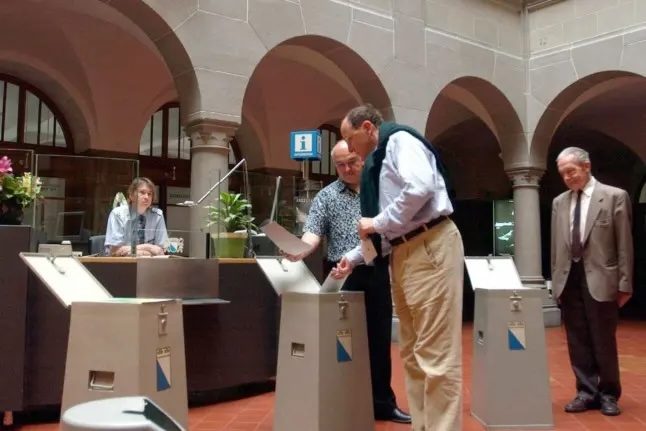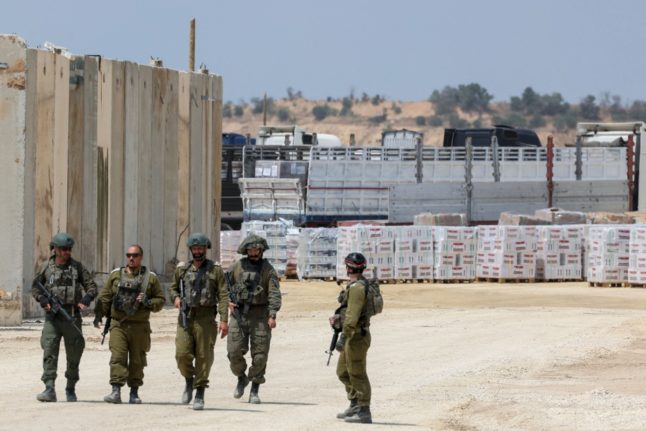Foreigners are not allowed to vote on national level anywhere in Switzerland.
Though there had been attempts in the past to change this rule, the latest such move was turned down by legislators in 2022.
However, five cantons are permitting foreign residents to cast their votes in local referendums and elections: Geneva, Vaud, Fribourg, Neuchâtel, and Jura. Conditions vary from one canton to another, but in all cases a certain length of stay and a residence permit are required.
(In Zurich, a similar move was rejected in 2023).
Of the five cantons, only Neuchâtel and Jura authorise foreign residents to vote on cantonal level in addition to communal one; in the others, they can cast municipal ballots only.
Additionally, three other cantons have similar laws on their books, but they this legislation remains mostly inactive.
Basel-City, Graubünden, and Appenzell-Ausserrhoden have authorised their communes to introduce the right to vote, the right to elect, and the right to be elected for their non-Swiss residents.
However, only few of the communes in these cantons have actually introduced these measures.
Wait…Geneva’s foreigners already have the right to vote?
Yes, they have had this right since 2005, but only on municipal level.
However, this could change on June 9th, when Geneva residents will go to the polls to weigh in on an initiative launched by the trade unions and political left, calling for foreigners who have lived in the canton for at least eight years, to be able to vote and stand as candidates for political offices at the cantonal level.
This ‘upgrade’ to the cantonal voting rights is important, supporters argue, because it would enable foreigners to have more political impact.
“Municipal votes are quite rare, and the issues at stake are relatively limited,” the initiative committee said.
Therefore, “access to the cantonal vote will allow these same people to express their views on wider subjects that affect them on a daily basis.”
Is this measure likely to be accepted?
No reliable forecasts exist at this point.
And while foreigners constitute nearly 40 percent of Geneva’s population — the highest proportion in Switzerland — it will be up to Swiss citizens to decide on the outcome.
However, some members of the Geneva parliament are urging the ‘no’ vote on June 9th.
“No canton, no country, provides such generous rights to their foreigners,” the MPs from the centre parties pointed out in an interview with Tribune de Genève over the weekend.
(Neuchâtel and Jura allow voting, but not standing for election, at cantonal level).
“The only path for foreigners to obtain full political rights is through naturalisation,” the MPs added.



 Please whitelist us to continue reading.
Please whitelist us to continue reading.
Member comments